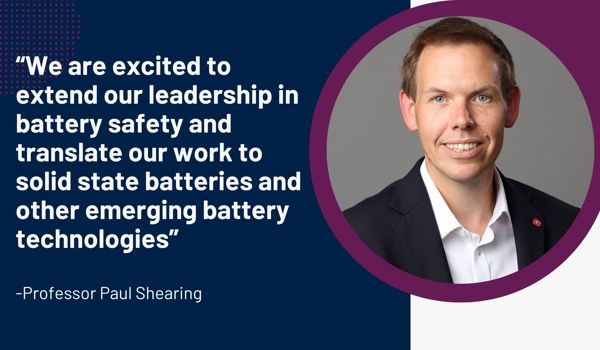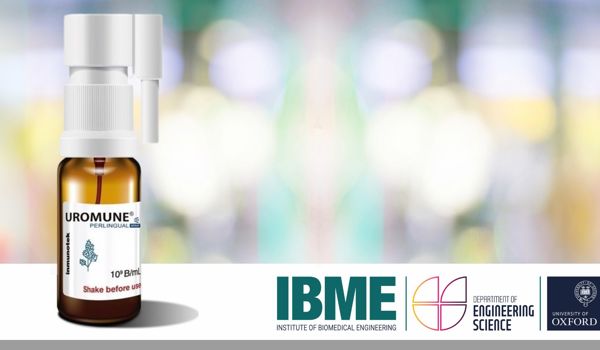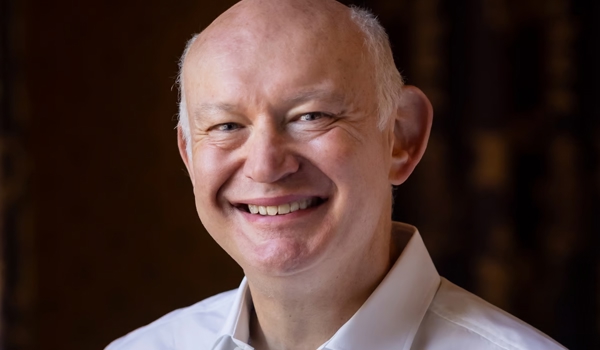Biography
Professor Mauricio Villarroel leads the Laboratory for Computational Medicine and Technology (LCMT), focused on improving the efficiency, accuracy and timeliness of clinical decision-making in both high-income countries (HICs) and low- or middle-income countries (LMICs).
Mauro was born in Bolivia, where he completed his undergraduate degree in engineering. He obtained his doctoral degree in Engineering Science from the University of Oxford. He was a research scientist at the Health Sciences and Technology (HST) department at the Massachusetts Institute of Technology and Harvard University. For several years in Boston, he collaborated with multidisciplinary teams from academia, hospitals, health organisations and industry (including major medical companies across the US and Europe) to develop advanced monitoring algorithms to improve clinical decision-making in intensive care.
He joined the University of Oxford, first as a post-doctoral research assistant in Data Fusion & Telehealth and subsequently as a Senior Researcher in Next Generation of Digital Health. The focus of his research was to develop non-contact video-based physiological monitoring technologies, primarily to develop personalised biomarkers of health to improve wellbeing, quality of life and health of patients. One spinout company (OxeHealth) has been founded based on his early research work. He has won grants in the areas of computer vision, video analysis and the design of wearable technology.
Mauro now leads a research laboratory in Digital Health for the development of AI models to identify patterns of meaningful physiological change using multimodal sensing technologies such as video cameras, wearable devices, wireless technologies (such as Wi-Fi), smartphones and, where appropriate, body-worn sensors. The research group focuses primarily on cardiovascular disease and neurodegenerative diseases, to understand the underlying physiological state of individuals, all the way from early detection of long-term chronic conditions to in-hospital monitoring and remote management in community settings.
Mauro is the first academic appointment of The Podium Institute for Youth Sports Medicine. His aim is to develop new technologies to monitor and analyse the individual factors that currently lead to sports injuries of younger athletes, 11-18 years of age. Major areas of research are traumatic injuries such as concussion and serious musculoskeletal injuries, as well as sudden cardiac death and the psychological factors that lead to injury.
Most Recent Publications
A new method to measure inter-breath intervals in infants for the assessment of apnoea and respiratory dynamics
A new method to measure inter-breath intervals in infants for the assessment of apnoea and respiratory dynamics
Non-contact vital-sign monitoring of patients undergoing haemodialysis treatment.
Non-contact vital-sign monitoring of patients undergoing haemodialysis treatment.
Non-contact physiological monitoring of preterm infants in the Neonatal Intensive Care Unit.
Non-contact physiological monitoring of preterm infants in the Neonatal Intensive Care Unit.
Automated method for detecting and reading seven-segment digits from images of blood glucose metres and blood pressure monitors
Automated method for detecting and reading seven-segment digits from images of blood glucose metres and blood pressure monitors
Cardio-respiratory signal extraction from video camera data for continuous non-contact vital sign monitoring using deep learning
Cardio-respiratory signal extraction from video camera data for continuous non-contact vital sign monitoring using deep learning
Research Interests
Research in the Laboratory for Computational Medicine and Technology (LCMT) focuses on improving the efficiency, accuracy and timeliness of clinical decision-making in both high-income countries (HICs) and low- or middle-income countries (LMICs).
Please visit the research page of our laboratory for more details.
Most Recent Publications
A new method to measure inter-breath intervals in infants for the assessment of apnoea and respiratory dynamics
A new method to measure inter-breath intervals in infants for the assessment of apnoea and respiratory dynamics
Non-contact vital-sign monitoring of patients undergoing haemodialysis treatment.
Non-contact vital-sign monitoring of patients undergoing haemodialysis treatment.
Non-contact physiological monitoring of preterm infants in the Neonatal Intensive Care Unit.
Non-contact physiological monitoring of preterm infants in the Neonatal Intensive Care Unit.
Automated method for detecting and reading seven-segment digits from images of blood glucose metres and blood pressure monitors
Automated method for detecting and reading seven-segment digits from images of blood glucose metres and blood pressure monitors
Cardio-respiratory signal extraction from video camera data for continuous non-contact vital sign monitoring using deep learning
Cardio-respiratory signal extraction from video camera data for continuous non-contact vital sign monitoring using deep learning
DPhil Opportunities
The Laboratory for Computational Medicine and Technology (LCMT) offers a wide range of opportunities for research in the intersection of medicine, engineering and technology. Please contact Professor Villarroel for enquiries.
Most Recent Publications
A new method to measure inter-breath intervals in infants for the assessment of apnoea and respiratory dynamics
A new method to measure inter-breath intervals in infants for the assessment of apnoea and respiratory dynamics
Non-contact vital-sign monitoring of patients undergoing haemodialysis treatment.
Non-contact vital-sign monitoring of patients undergoing haemodialysis treatment.
Non-contact physiological monitoring of preterm infants in the Neonatal Intensive Care Unit.
Non-contact physiological monitoring of preterm infants in the Neonatal Intensive Care Unit.
Automated method for detecting and reading seven-segment digits from images of blood glucose metres and blood pressure monitors
Automated method for detecting and reading seven-segment digits from images of blood glucose metres and blood pressure monitors
Cardio-respiratory signal extraction from video camera data for continuous non-contact vital sign monitoring using deep learning
Cardio-respiratory signal extraction from video camera data for continuous non-contact vital sign monitoring using deep learning





